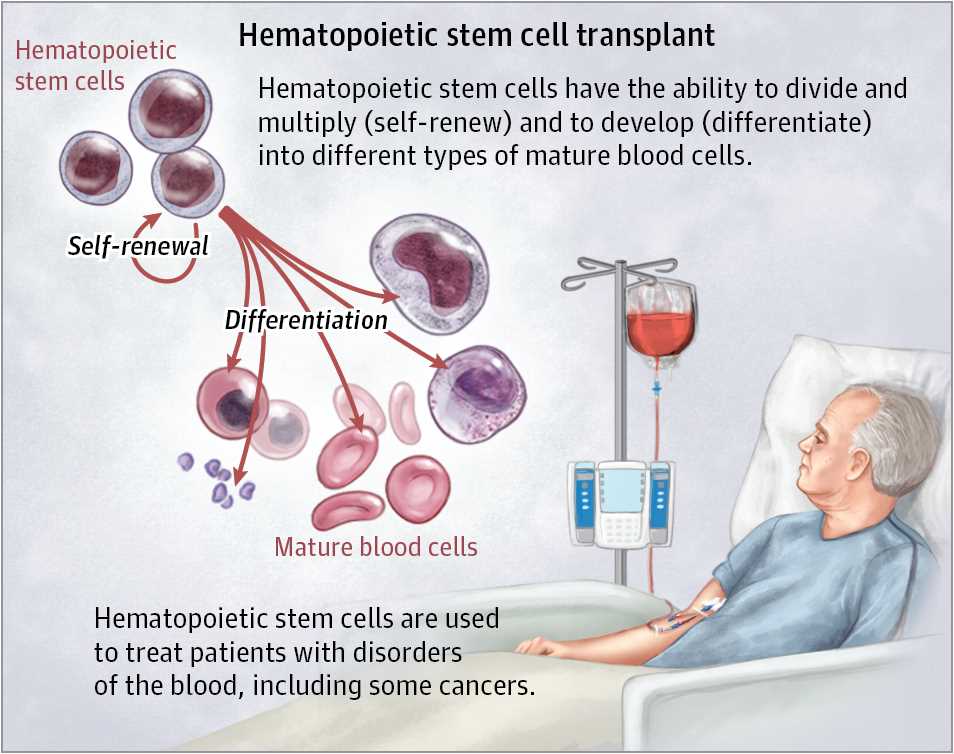Hematopoietic Stem Cell Transplantation Platform
High-dose therapy followed by hematopoietic stem cell transplantation (HSCT) is an attractive platform for cancer vaccine administration since it can achieve both of these goals (reduction of disease to minimal levels and altered immune regulation). Creative Biolabs is a world leader in the field of cancer vaccine development. With our extensive experience and advanced platform, we are therefore confident in offering the best HSCT studies regarding early posttransplant vaccination for cancer. We guarantee the finest results for our customers all over the world.
Hematopoietic Stem Cell Transplantation (HSCT) Platform

Clinical and experimental data have suggested that the lymphopenic state occurring early after HSCT might allow for better induction and skewing of immunity toward tumor reactivity. Vaccinating early after HSCT has become of particular interest since the mid-1990s as researchers and clinicians strive to improve the efficacy of cancer vaccines.
High-dose therapy followed by hematopoietic stem cell rescue can provide a time window for vaccination against residual tumor cells before the patient relapses with disease. Similar to the preclinical data, the clinical data also suggest that the ability to effectively administer tumor vaccines early after HSCT may be dependent on the adoptive transfer of “naive” or preactivated lymphocytes collected prior to transplant. Furthermore, in pediatric patients or young adults, thymus-mediated T cell reconstitution at later timepoints post-transplantation provides rationale for prolonged tumor vaccine administration to prevent late-disease relapses.
Vaccine Animal Models of Autologous HSCT
The primary goal of autologous HSCT for cancer has been to eliminate disease using high doses of chemotherapy and/or radiotherapy. Unfortunately, although tumor cell numbers can be reduced to undetectable levels, patients often relapse from residual microscopic disease since there is a lack of graft-versus-tumor immune reactivity in the autologous HSCT setting.

We provide a range of models to assist with HSCT studies. Results from experimental mouse studies have shown that cancer vaccines can elicit tumor immunity when administered after syngeneic HSCT, but a number of factors can influence the effectiveness of vaccination, including the level of immune reconstitution, the presence of immune regulatory cells, and tumor burden (i.e., numbers of remaining tumor cells). Each of these factors has been or is currently being examined in mice administered syngeneic HSCT.
Experimental mouse studies have provided information regarding the ability to vaccinate early after HSCT setting, have shown that the presence of T cells is crucial to the success of early post-HSCT tumor vaccination, and have demonstrated that tumor burden can impact on vaccine efficacy.
Creative Biolabs is a leader in the field of vaccine development and has focused on the cancer vaccines for years. We have experienced experts and advanced platforms that are able to provide excellent services. If you are interested in our services, please contact us for more details.
All of our products can only be used for research purposes. These vaccine ingredients CANNOT be used directly on humans or animals.


